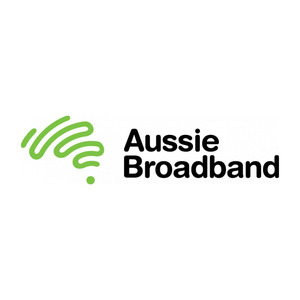Aussie broadband has new, incredible, no amazing! NBN plans for the low, low price of 8-10x the average cost of a NZ FTTP 4000/4000Mbps plans at $179NZD. https://myrepublic.net/nz/hyperfibre/.
I mean for only $429AUD for 1000/400Mbps, bargain!
This is a deal because “They were over $699 a month so it’s a saving of $200+“
Must have FTTP connection. Static line included.
“ Actual speeds on FTTN/B technology type to be confirmed upon connection. For more information on nbn™ speeds see here.
Plans above 250/100Mbps have a 250Mbps download shaping profile applied from 6pm to 12am AEST Plans above 100/40 Mbps only available on FTTP Fibre build cost may apply pending site qualification check.”
https://techau.com.au/aussie-broadband-selling-1gps-400mbps-…




:-(
Most houses are FTTC.
I thought the whole point of NBN was to get better speeds than 100/40.